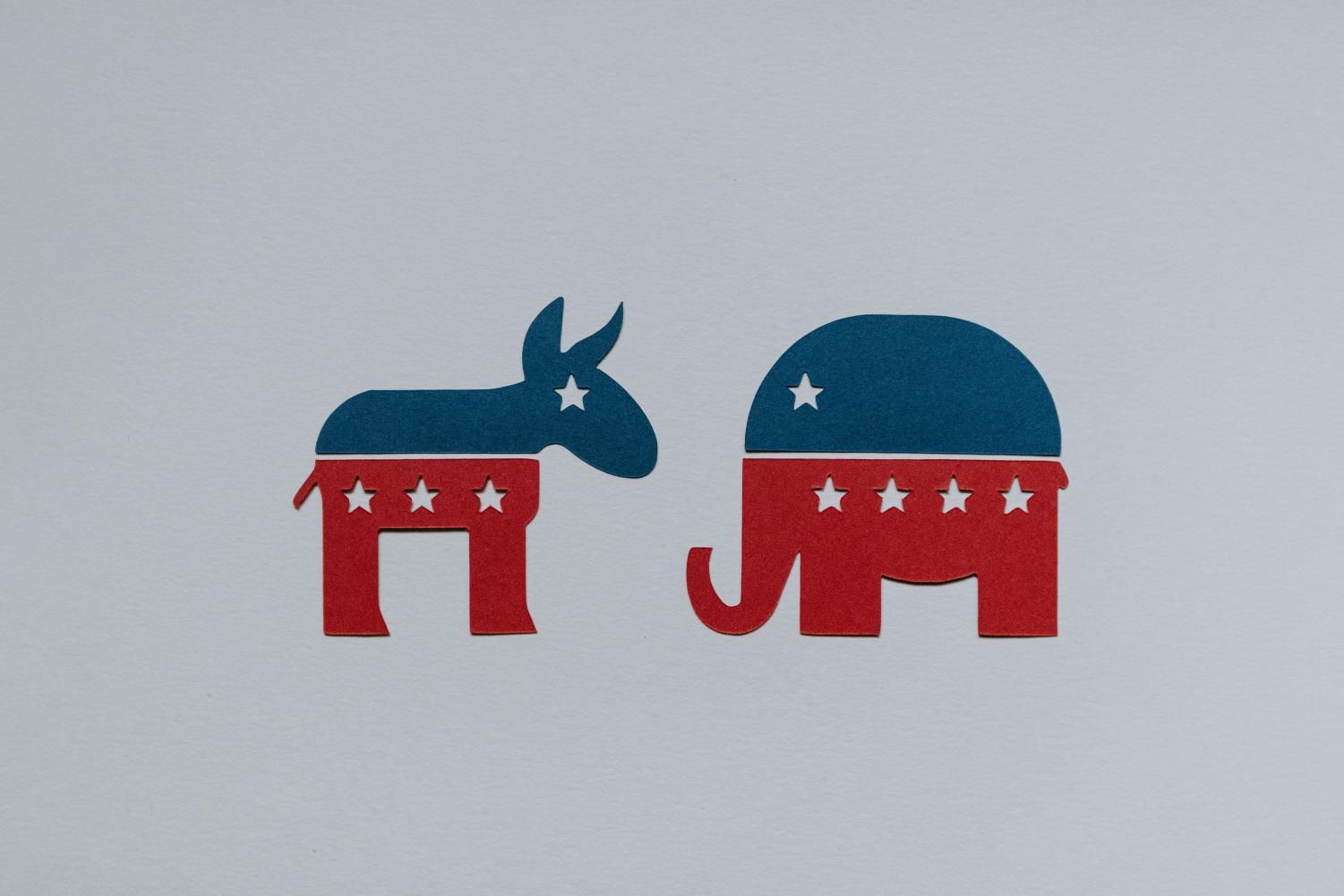As 2024 presidential election candidates ramp up their campaign efforts, the United States’ bipartisan political climate intensifies. Controversial legislation disputes, among a host of national conversations, leave Americans considering how to harmoniously cohabitate the nation — and politicians — eager to voice their opinions.
Georgia Rep. Marjorie Taylor Greene recently posited her solution, hailing for a “national divorce” among states, to satisfy Americans seeking to avoid unfavorable policies rooted in culture issues. The representative tweeted on February 20, 2023:
“We need a national divorce. We need to separate by red states and blue states and shrink the federal government. Everyone I talk to says this. From the sick and disgusting woke culture issues shoved down our throats to the Democrat’s traitorous America Last policies, we are done.”
Unsurprisingly, tweets with the keyword “Civil War” began trending shortly after her statement was published. Two days after the original message, Greene added to the conversation, tweeting:
“We don’t want a civil war. We’re not surrendering. We’re tired of complaining with no change and want to protect our way of life.”
GROWING DISSATISFACTION AMONG BOTH PARTIES
The heart of Rep. Greene’s sentiments is not new, as evidenced by United States’ violent civil war history and former presidential proposals to increase power within the states. Her push, however, for an all-encompassing increase in federalism digs at fragile spots in American life and politics; specifically, an inability to problem-solve and reconcile differences with one another.
Greene’s clarifying tweet is an example of this — calling for political change while demonstrating an immovable commitment to “not surrendering” and “protecting our way of life,” presumably referring to right-wing politicians and citizens who share her same opinion.
While United States citizens may share a common sentiment with Rep. Greene that protecting a certain way of life is crucial in the future of American civil discourse, the policies and structural changes necessary to uphold that ideal life are widespread and conflicting.
The culture issues she references in later tweets are harshly divisive in the U.S.’ current political state because they are deeply personal, even extending to the autonomy of one’s own body. Understandably, each urges for their values to be respected and upheld by political leaders. With healthcare, safety, equality and human rights issues, and many more areas of personal life up for public debate, American citizens lashing out over conflicting ideologies is inevitable.
The call for a national divorce can be written off as the right-wing voicing dissatisfaction, resorting to extreme statements to spur political action toward policies they favor. However, this discourse surfaces tensions that both parties struggle with in problem-solving and working within our established system to cohabit a country. Whether the American political system will be able to bear the weight of intensifying conflict between more extreme red and blue party members has yet to be determined— as well as if progress can be made peacefully.












